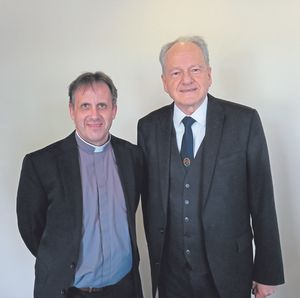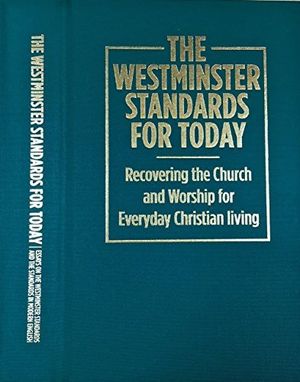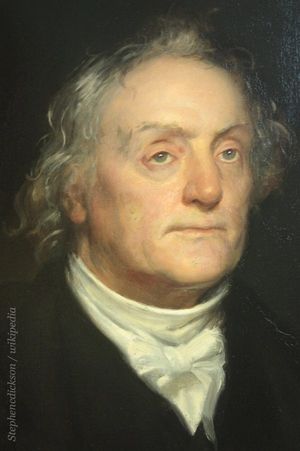Hugh Martin (1822–1885) was one of those 19th century Scottish theologians whose published works have stood the test of time. With good reason, for his works are consistently sound, reverent, edifying, and challenging to mind and heart.
This is a volume of theological substance. It comprises a collection of ten sermons, eight essays, and nineteen letters, selected from various contemporary magazines, pamphlets, and journals.
The theme of the material in the volume is well indicated by the title. There is a focus on the person and work of the God-man Redeemer, the Lord Jesus Christ. Deriving as the work does from such a variety of sources, there is a balance here between the theological and experiential. Martin was a master in dealing with such a theme with freshness and insight. Frequently Martin’s readers find that they are learning new things – yet not novel things just to impress.
What strikes one here is that Martin clearly has a devout view of the person and work of the Lord Jesus Christ. Both in the sermons and essays (and letters too) Christ is pre-eminent. He is all-glorious. It is quite common today for biblical or theological studies to be something of a display of learning with a multiplicity of footnotes or endnotes. No doubt there is a place for interaction with contemporary scholarship. With Martin, however, there is just a weighing up of biblical theological teaching, and its applications or implications, without the trappings of ‘scholarship’.
Several of the pieces are particularly stirring and suggestive. The reviewer was particularly struck by the first essay, ‘Christ’s Victory Over Death’ (1880). In this Martin emphasises the voluntariness of Christ’s death. In other words, it was not just passive. It was indeed ‘victorious’ in defeating sin and Satan, and delivering believers from bondage of the fear of death. A sublime essay.
Just as sublime is the second essay, entitled ‘Christ’s Death: What was it?’ (also 1880). There is a wonderful summary of what was involved in his death in pages 197-8: (1) Jesus was at once a slain lamb and a living priest. (2) He was buried, not his remains. (3) Neither his soul nor his body was for one moment in any one’s power but his own. (4) This was his defeat of him that had the power, and his deliverance of them that had the fear, of death. (5) Not merely did he raise himself, as by divine power he might raise another, but in all literality and exactitude – he rose. (6) Christ is not less whole Christ for being crucified. (7) The person of Christ constitutes the same check, or limit, on death’s work and power in our case, as in his own.
Though not intentionally controversial, there are a couple of items on which modern evangelicals are largely silent. One is the sermon ‘The Manifestation of the Son of Perdition’ (1845), identifying the ‘man of sin’ of 2 Thessalonians 2 as the Papacy. The other is an essay on ‘The Procession of the Holy Spirit from the Son’ (1869). In our view Martin dispels any notion of such issues being simply obscure or speculative questions.
In sum, this is an outstanding volume of a master theologian. It is not a particularly easy read, but is will reward careful study. It is theologically and spiritually heart-warming and is highly recommended as representative of the best of the timeless Reformed orthodoxy of 19th century Scotland.
John Keddie
Kirkhill, Inverness-shire






















